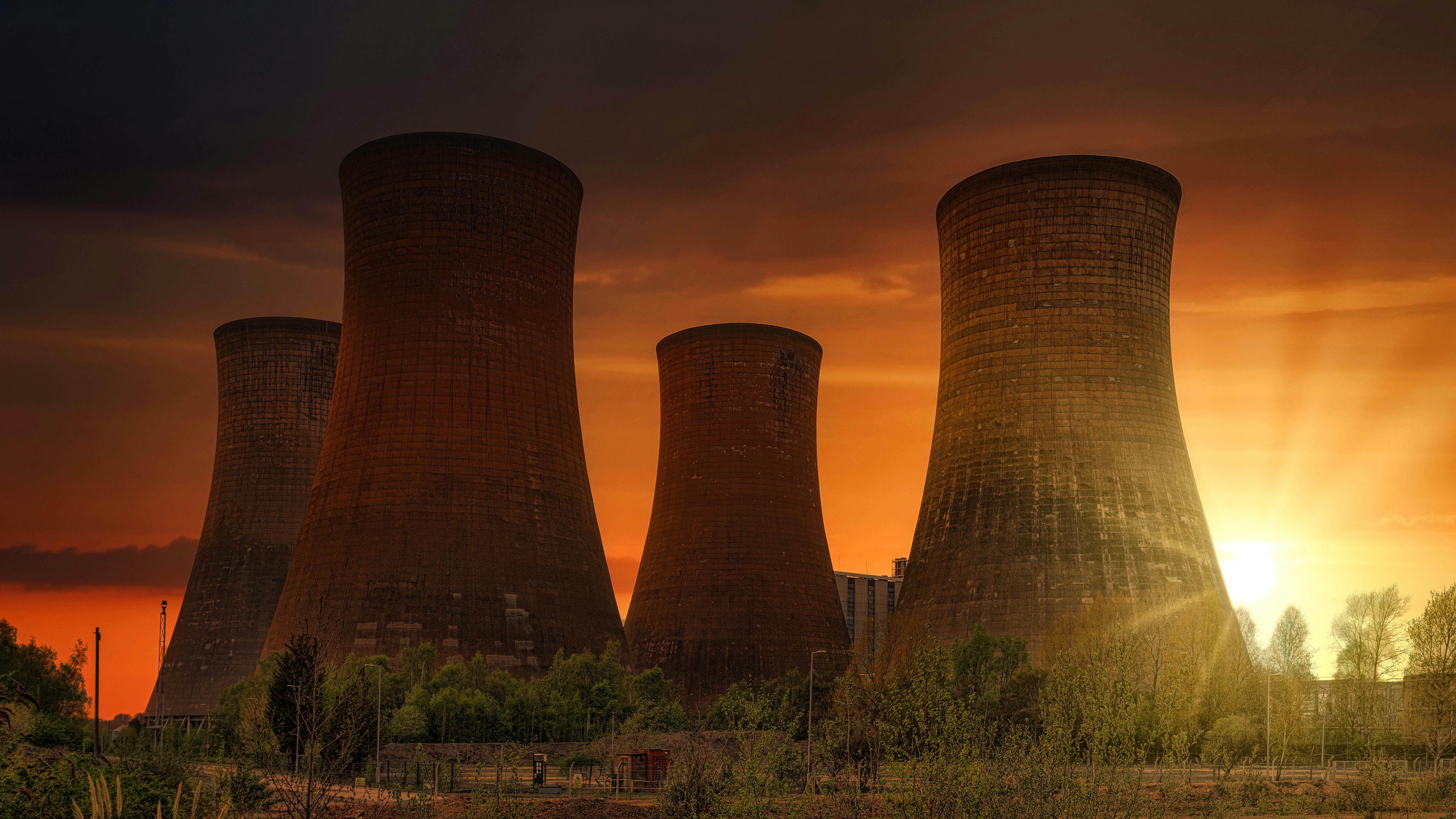Nuclear power plants are a critical source of electricity, but they operate in an environment where safety is of paramount importance. Any compromise in the integrity of the plant's systems can lead to disastrous consequences. In this article, we will delve into the vital role of zero leakage valves in nuclear power plants, exploring how these unsung heroes ensure both safety and reliability within this high-stakes industry.
1. The Nuclear Power Challenge: Safety Above All
Nuclear power plants, with their intricate systems and extreme operating conditions, demand a level of safety that surpasses nearly all other industries. Even the smallest failure in a critical component can lead to catastrophic results. This is where zero leakage valves come into play.
2. Zero Leakage Valves: The Guardians of Nuclear Safety
Zero leakage valves are engineered with precision to withstand extreme pressure and temperature conditions, maintaining their integrity even in the harshest environments. They are a fundamental component of nuclear power plant systems, acting as crucial safety barriers.
3. Primary Containment Systems: A Core Application
One of the primary applications of zero leakage valves in nuclear power plants is within the primary containment systems. These valves are designed to prevent any radioactive material from escaping into the environment. Their zero-leakage property is critical in maintaining the plant's safety.
4. Safety Relief Valves: Protecting Against Overpressure
Safety relief valves equipped with zero leakage technology ensure that the pressure within the nuclear reactor remains within safe limits. In the event of overpressure, these valves act swiftly to protect the reactor, averting a potential disaster.
5. Environmental Protection: The Core Principle
Zero leakage valves are designed with the environment in mind. They are built to prevent the release of harmful substances into the atmosphere, ensuring that the impact on the environment and public health is minimized.
6. Reliability: The Backbone of Nuclear Operations
Reliability is another key aspect of zero leakage valves in nuclear power plants. These valves are subjected to rigorous testing and quality control measures to ensure they can operate flawlessly for extended periods. This reliability is essential for the uninterrupted generation of electricity.
7. Maintenance and Monitoring: Ensuring Continued Reliability
Regular maintenance and monitoring of zero leakage valves are essential to their long-term performance. Nuclear power plants invest heavily in inspection and maintenance programs to ensure the reliability of these critical components.
8. International Standards and Regulations: Upholding Nuclear Safety
The use of zero leakage valves in nuclear power plants is governed by strict international standards and regulations. These guidelines set the bar for quality, performance, and safety in the nuclear industry.
9. Conclusion: Zero Leakage Valves - The Unsung Heroes of Nuclear Safety
In the realm of nuclear power, where safety is non-negotiable, zero leakage valves play a pivotal role. They act as the guardians of safety and reliability, ensuring that nuclear power plants can function without compromising the environment or public safety. Their continued development and use are essential for the sustainable growth of the nuclear energy industry.
In conclusion, zero leakage valves are the unsung heroes of nuclear power plants, where safety and reliability are paramount. Their zero-leakage property, combined with rigorous testing and adherence to international standards, make them indispensable in maintaining the integrity of these high-stakes operations. As nuclear power continues to play a crucial role in the world's energy mix, the role of zero leakage valves becomes even more significant, safeguarding the future of clean and reliable electricity generation.

No comments:
Post a Comment